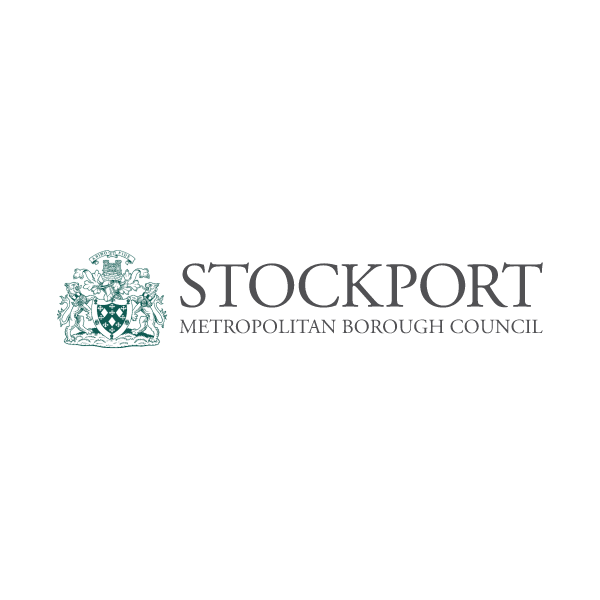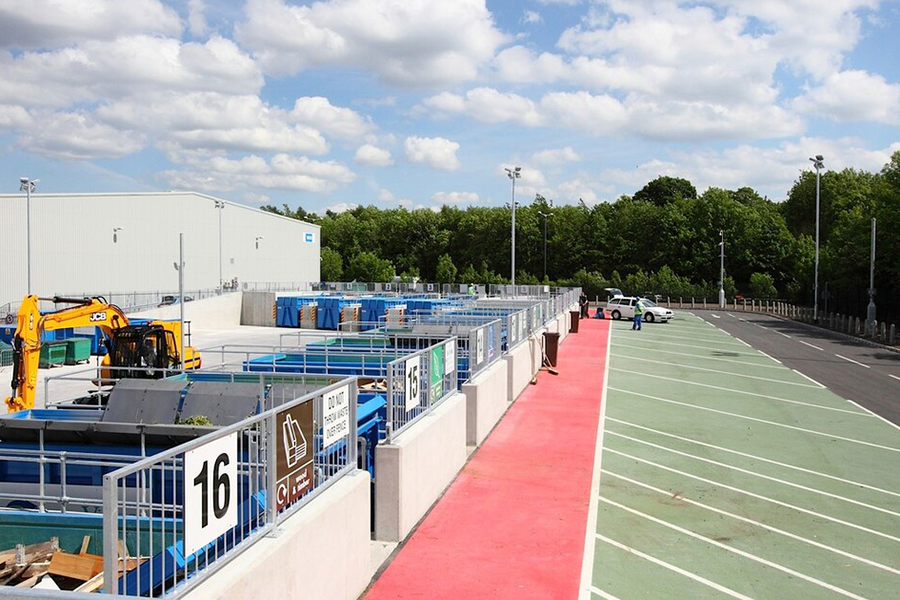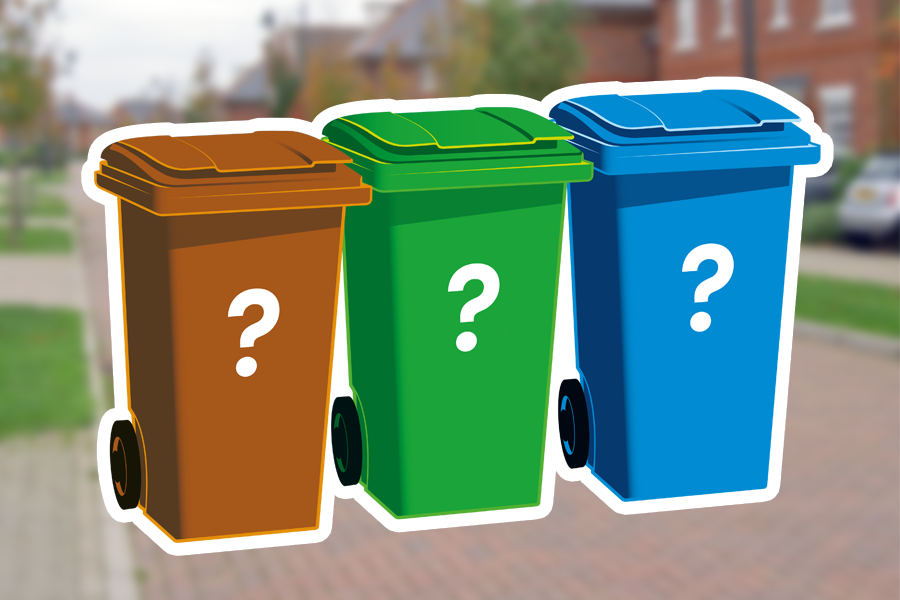Garden waste
What happens to food and garden waste?
All local councils in Greater Manchester have bins for collecting food and garden waste and some provide waste food caddies too.
Once collected, your food and garden waste is delivered to what’s called In-Vessel Composting facilities (IVC) in the UK.
In-Vessel composting is a true example of turning waste into a resource, utilising green waste to deliver a rich and organic compost product.
An IVC is like a home compost bin, but on a massive scale. The IVC system harnesses the natural composting process to recycle your food and garden waste into compost in just six weeks.
The compost produced is used as a soil improver on agricultural and horticultural land, among other uses.
Bin colours might differ, but the aim is the same
Different councils use different coloured bins for food and garden waste, either green, brown, or pink if you live in Salford.
If you’re unsure which bin to use, here’s a breakdown:
- Green – Bolton, Manchester, Oldham, Stockport, Trafford.
- Brown – Bury, Rochdale, Tameside.
Visit the My area section of this website to find out what you can and can’t put in your food and garden waste bin in your local area. There are also details of all the recycling centres where you live.
What can I put in my food and garden waste?
There might be slight variations where you live, but as a general rule of thumb your food and garden waste bin if for:
- Fruit and vegetable peelings
- Bread and cakes
- Tea bags and coffee grounds
- Scrapings from your plate
- Eggs and dairy products for example cheese
- Meat including bones
- Fish
- Cut flowers
- Garden waste
- Twigs and sticks no thicker than your wrist
No soil please
Soil is not accepted at the composting plant where the garden and food waste is treated. If you have soil to get rid of, take it to your nearest tip or recycling centre.
Most households are given free compostable food bags to collect their food scraps in. These bags are made from starch material and are 100% compostable, dissolving away quickly in the food waste.
A word of warning, however. If you’re buying your own bags from a shop or supermarket do not buy biodegradable plastic bags as they breakdown into little bits of plastic and are not compostable. You need to ensure your bags are 100% compostable – look out for the seedling logo.
Love Food Hate Waste
While turning our food and garden waste into compost is a great idea, cutting back on the food we waste is even better.
The Love Food Hate Waste campaign is supported by many local councils and encourages everyone to do their bit to save food from going in the bin – protecting our beautiful planet at the same time too.
Discover everything the Love Food Hate Waste campaign has to offer, visit its website.



